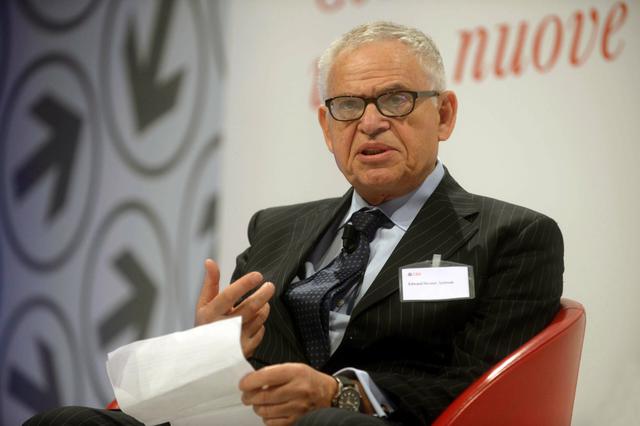"I'm surprised to see you surprised." Edward Luttwak answers the phone with a hint of irritation. Even today he read rivers of ink on Spyware Pegasus, the software manufactured by the Israeli company Nso which, the Washington Post revealed, has for years allowed dozens of governments to spy on and track the cell phones of enemies and dissidents, from Saudi Arabia to Kazakhstan.
Luttwak, an American military strategist with a past in the Pentagon and the White House, interrupts us immediately. “But what authoritarian governments. If Pegasus were sold to three or four customers, the company would go bankrupt. It has thousands of them ”. The client countries of Nso Group, a company that produces spyware with more than 700 employees worldwide and an estimated turnover of 250 million euros by Moody's, are forty to be precise.
In the sights of Pegasus, he unveiled the WaPo, especially iPhones and Android devices. Stopping malware from entering is next to impossible. "It is incredible how the mass media are only now discovering that a smartphone is penetrated and hacked without problems - says Luttwak - the only way to avoid it is to buy, as I did, a fifteen euro cellphone that does not have internet or a camera" .
Malicious software is a real market. “Pegasus has no monopoly, there are many other products and European countries like Denmark also use them. Of course, all this noise has made a nice advertisement for Nso's spyware: now everyone will want to become its customers ”.

The control of dissidents, explains the American scholar, is only one side of the coin. “In countries like Russia and China, they use spyware to penetrate the phones of people who have nothing to do with politics or the military. The Chinese case is well known. Beijing does not spy on Italian phones to prepare invasion plans, but to steal any information of scientific and commercial value. I give an example. An Italian entrepreneur sells bottles of wine in China and on the phone with a friend talks about the price he is willing to drop. Before even landing in Beijing to close the deal, the secret services informed the Chinese buyer of the terms of the deal ”.
In Italy there is a precedent, Exodus, spy software used by police forces and prosecutors for wiretapping that has made it possible to illegally steal the data of hundreds of users unrelated to the investigations, used in 2019 by the Special Unit for privacy and technological fraud of the Guardia di Finanza. Some have recently compared the Israeli company's spyware to the "trojans" used by the judiciary in cases provided for by law to enter suspects' cell phones. “There is a huge difference. The trojan is not a software, but a virus, it cannot be sold. These malicious software are more prevalent than imagined. Western governments have been using them for years for counter-terrorism, especially against radicalized Muslims, anti-drugs, the fight against illegal finance ”.
Nothing to do with the hacker attacks that have breached the American security system in the last year, from the intrusion into the systems of the software companies Solar Winds and Kaseya to the attack against Microsoft. The latter was officially attributed to Chinese intelligence with a joint declaration by the EU and the United States. “Right now the Chinese government's cyber activity is soaring and causing enormous damage to Western companies and governments, such as Sweden. In Italy a little less, the Chinese do not need to resort to these means: they buy new and old politicians cheaply ”. The Russian case is different.
There is a reason, explains Luttwak, that US President Joe Biden has asked Vladimir Putin to "take measures" to stop the hacker attacks from Russia. “Anyone who thinks that the only ones doing cyberwarfare are the Russian intelligence services are very wrong. We are talking about a country that, despite the economic crisis and the pandemic, continues to boast a high level of teaching in mathematics, the Russians know the numbers, they know what software is and how to use it to enter another device. There are companies based in Russia that do just this job. They hide from American intelligence, but also from the Russian government, because they have no interest in cooperating. When they get a million dollar ransom, the last thing they want to do is pay taxes on it. "
Share viaNo related posts.
